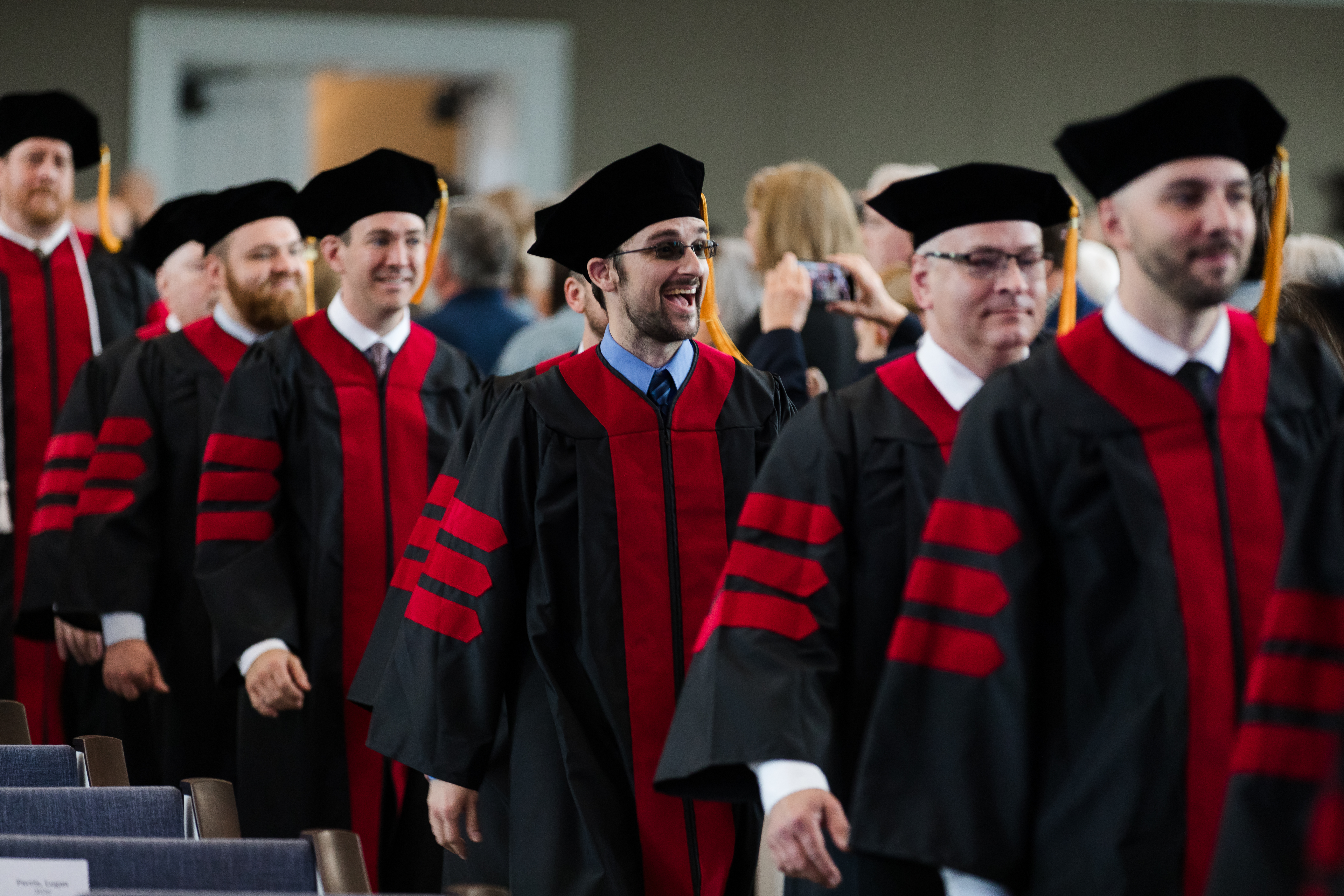Yet literacy is more than a missions strategy. Despite the rise of the internet, books remain a primary way important ideas are exchanged in our world. So reading well is an essential discipline for pastors and church leaders trying to serve their congregations. That being said, here are three suggestions for effective reading.
Read Selectively
More than three million books were published in 2023. Only half a million of those came from traditional publishers, but that is still an immense volume. There is no way for anyone to keep up the torrent of publication. In fact, it is impossible to keep up with new books that are being published in my academic discipline, much less maintain my footing in every cultural conversation. I have to pick and choose which books I read and look for the best.
There is no easy way to know which books are the most important. One shortcut is to read book reviews. Whether published by the Gospel Coalition or a national periodical, reviews offer a flavor of the book and how it fits within the broader literature on a topic. That can help determine whether it is worth your time.
Best seller lists do not necessary tell us which books are good. But they do help us know what is popular. Sometimes it is helpful to read books that stay on a bestseller list for several weeks, just to see what people are reading. Those books can prepare us for evangelistic conversations or for questions church members may have about trending topics.
We should strive to make the bulk of our reading material consist of books that have some long-term significance. When I am approaching a new academic topic, I search for course syllabi online to see what the standard course texts are. Or, sometimes I will email a professor at a university or seminary and simply ask what I should read in order to understand their subject of expertise. Concerning topics topic in which I am gaining proficiency, I will use the footnotes and bibliographies of recent books to find resources that multiple authors interact with repeatedly. It is important to read good books, but we also need to learn to steward our reading time well.
Read Efficiently
Some books are delightful because they are true, good, and beautiful. They are often worth reading merely for the experience. Some books are a drudge to read, but they are worth slogging through to understand a topic better. Pastors and teachers should read both kinds of books to serve people well, but they have to use their time wisely.
Because I am a book review editor, I am sent hundreds of books each year. I have purchased thousands of others over time and have not read them all. My aspirations in research always outrun the amount of reading time available to me.
As a result, I have had to learn to read efficiently. Many of the books I open I only skim. My goal is to determine which ones are worth dipping into further and which ones I should ignore.
Some books only have a few chapters of new information. I learned from D. A. Carson how to skim familiar material and dig deep into new ideas in a book.
Furthermore, if I start reading a book that does not interest me after the first chapters, I generally do not finish. There is no shame in not finishing the book—in fact, it is a shame to invest hours into reading books that are neither important nor enjoyable. It is more helpful to read a wide range of books to understand our world and God’s word better.
Read Broadly
Pastors and teachers obviously need to read their Bibles thoroughly. We also need to read books on theology, ministry technique, and spiritual formation from a variety of traditions. For many of us, these sorts of books should make up the bulk of our reading material.
However, many of my best illustrations for teaching and preaching come from non-theological books that I have read. These books serve to give us anchors outside the church to help people connect their Sunday lives to the Monday world. Additionally, if we’re going to engage the cultural narratives that pull on our church members, we’ve got to be familiar with the prevalent themes around us.
And we should not just read non-fiction. As C. S. Lewis argued in his essay “Bluspels and Flalansferes,” “Reason is the natural organ of truth; but imagination is the organ of meaning.” For example, Michael Crichton’s Jurassic Park makes the problems with unrestrained technological development much more concrete than a lengthy theological essay could. Vicious dinosaurs are entertaining, but they can also be enlightening.
There is no perfect strategy for reading. We will perhaps never catch up to the degree that we desire. Qoheleth was right about the weariness the flood of books causes. However, we need to steward our minds and opportunities well by learning to read for the glory of God and the good of our churches.






No comments have been added.